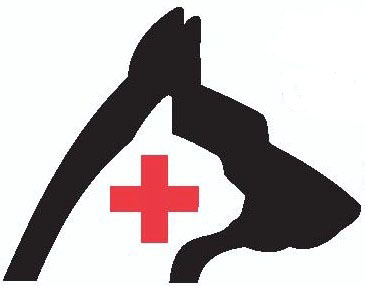Eating things they shouldn’t is really common for dogs! They investigate the world with their noses and like a toddler, everything will go into their mouth. Some things are not a big deal, however, some common items around the house can be lethal.
If you feel your pet may have ingested a toxin, please call the Pet Poison Helpline at 855-764-7761. There is a charge for the call to consult with their toxicologists. They will provide you with a case number and tell you if you need to come to the ER, your veterinarian, or if there are treatments to do at home. When you arrive give the case number to the receptionist so that the veterinarian can call and consult with the toxicologists. Between the history, the physical exam and the database at the Poison Control center we will be able to make the best plan in the most efficient time.
Common toxicities seen in the ER
There are many toxins that we see enough and the toxic dose and treatment are common enough that owner’s don’t need to call poison control. We may have you call if there has been a massive overdose however.
Xylitol is a sweetener that is used in some sugar free gum, candy, foods, peanut butter and other food. This is also called Birch Bark. It is toxic to dogs in small amounts and causes symptoms from low blood sugar to liver failure to coma and death. Treatment often requires 2-3 days of hospital care with IV fluids and medication. Monitoring of blood sugar is required and supplementation of dextrose for blood sugar support is typically needed. If you feel your pet may have ingested a product with xylitol please call. We may call the poison control to help determine the amount of xylitol ingested.
Ethylene glycol is the toxic agent of antifreeze. This can cause a “drunken gait” as if intoxicated with alcohol because it affects the same receptors. In fact ethanol (typically a gain alcohol or vodka) used to be used as treatment for antifreeze ingestion. We now have much more effective treatment for dogs called fomepizole. The severe effect of antifreeze is the development of kidney failure which can be fatal. Treatment is highly effective if started before symptoms start. Toxic dose of antifreeze for dogs is about 8-12 ml per pound and for cats is about 3 ml (1 teaspoon) per pound. Treatment is typically 2-3 days in the hospital.
Grapes are toxic to dogs and can cause renal failure even in small amounts. The exact toxic dose not known, but suspected to be caused by Tartaric Acid. The levels of tartaric acid are variable between stage of ripening and variety of grape. Recommendation is to be as aggressive with therapy as the owner will allow including vomiting and one dose of activated charcoal for decontamination, IV fluids for 48 hours and nausea medication as needed. Diagnostics include daily renal analyte testing for baseline, 24 hour and 48 hour assessments then recheck at 24-48 hours after fluids are stopped, as well as electrolyte monitoring due to charcoal administration. Prognosis is good with treatment. If renal failure develops, then prognosis is guarded.
NSAIDs are non-steroidal anti-inflammatory drugs. These are common pain killers for people. The drugs can be very dangerous for cats and dogs and over the counter human NSAIDs are typically not recommended for dogs or cats. These can cause vomiting and severe GI upset, ulcers of the stomach or intestines which can perforate and cause peritonitis, and even renal failure. Hospital care is typically required to prevent renal failure in large doses.
Bearded Dragons and chameleons can die from eating 1/2 of a firefly bug. Don’t ever feed any lightning bugs to your lizards, and ideally, don’t feed any wild caught bug to your pet lizards. If you do see your lizard eat a firefly call immediately. Time is of the essence and having the stomach pumped will likely be needed.
Lilies cause renal failure in cats. A very small amount of pollen, leaves, stem or flowers ingested can cause renal failure. Even just the amount of pollen that would get on them by sniffing the flower may cause renal failure. Treatment will require attempt at making the cat vomit, then IV fluids for 48 hours and monitoring blood and urine values. Prognosis is good with prompt treatment.
If in doubt please call the AEC or Pet Poison Helpline. There is nothing worse for us then to have a pet come in 10 hours after eating a toxin and needing to hospitalize them for care when we could have potentially just made them vomit and been able to send them home.
